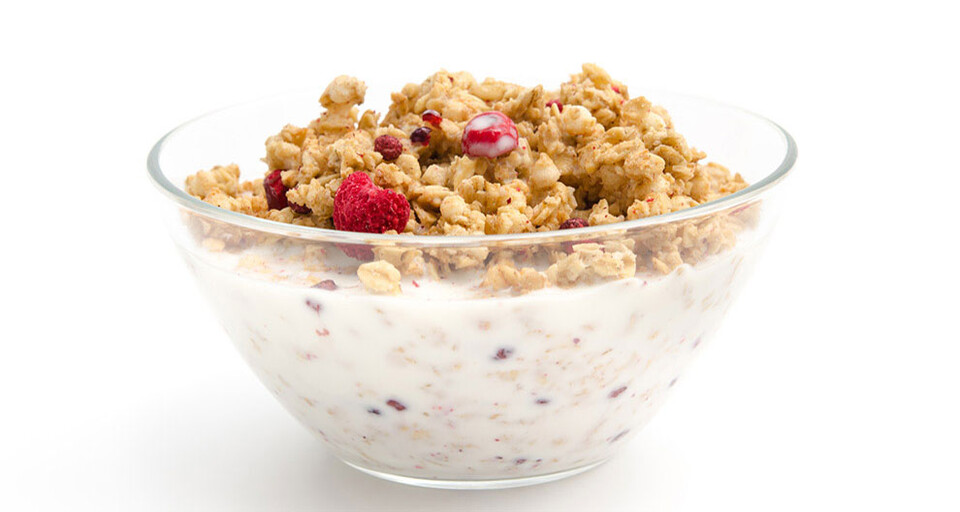Magnesium is a true all-rounder. This mineral plays a role in almost all bodily functions. It regulates more than three hundred enzymes and is involved in the contraction of muscles. So it is no wonder that about one third of the body’s own magnesium is in the muscles. Magnesium supports the muscles by making sure that the muscle fibres contract and relax.
In general, the requirements of magnesium are not significantly higher during pregnancy than before. Nevertheless, due to its many functions, you should ensure a constant intake of magnesium.






